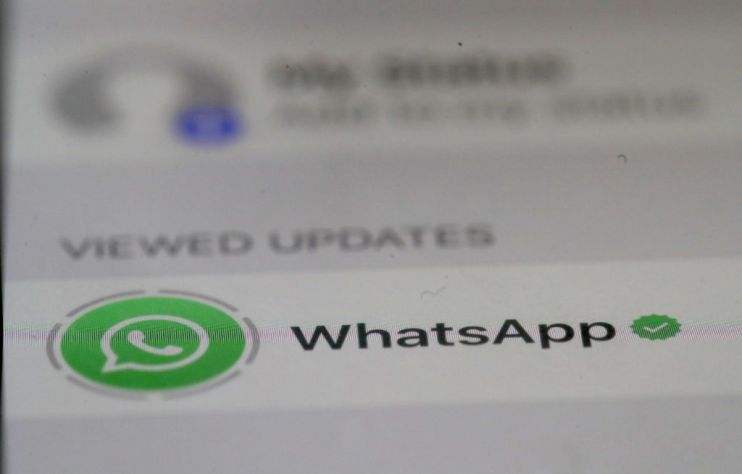Coronavirus: BBC calls for right to publish news directly on Whatsapp

The BBC should be allowed to publish directly on chat platforms such as Whatsapp to help counter fake news about the Covid-19 crisis, one of the broadcaster’s top bosses has said.
Jamie Angus, director of the BBC World Service Group, urged tech giants to open their platforms to trusted news providers as part of their efforts to counter misinformation.
Whatsapp, which is owned by Facebook, has launched a coronavirus chatbot with the World Health Organization (WHO) to provide news and information about the pandemic to its 2bn users.
But Angus said the social media firm had declined to launch a similar tool with the BBC.
“Whatsapp has allowed the WHO to publish trusted information directly into the Whatsapp environment. Whatsapp has declined to do that for the BBC and I think that’s a mistake,” he told the Media Masters podcast.
“The global Covid pandemic is a once-in-a-generation challenge — the house is on fire and you want to open the fire hose to the maximum capacity in those circumstances, to saturate the environment out there with trusted and accurate news.”
Angus, who has served at the BBC for more than two decades and was formerly editor of BBC Radio 4’s Today programme, said the corporation would continue to lobby tech giants such as Facebook to allow direct access to their platforms.
“I think that is something that needs to change. All tech platforms have worked hard to avoid picking between different providers and making value judgments around who is trusted and who is not.”
Angus dismissed concerns that tech companies would be unable to grant direct access to the BBC without doing the same for state news outlets such as Russia Today and China’s CGTN.
“The global challenge we are facing means that the moment is bigger than that, and it’s time for those tech platforms to pick what side they’re on and take on the responsibilities of a publisher,” he said.
Tech titans such as Google and Facebook have come under fierce scrutiny over their handling of misinformation amid a surge in misleading information related to coronavirus.
Facebook boss Mark Zuckerberg has defended his firm’s actions in removing harmful material such as conspiracy theories wrongly linking Covid-19 to the rollout of 5G technology.
Google-owned Youtube last month deleted conspiracy theorist David Icke’s account after he peddled false claims on his channel, while Whatsapp has limited message forwarding in a bid to halt the spread of misinformation.
But Angus said tech companies were not doing enough to tackle the problem, citing concerns about Whatsapp’s end-to-end message encryption.
“On a web page it’s easy to search and uncover disinformation. One of the really difficult things about chat apps — and particularly Whatsapp — is that the material is end-to-end encrypted,” he said.
“It can’t be searched and it is often very hard for us to find that something has been circulated until literally millions of people have seen it. That’s something I’m very worried about.”
Facebook has been contacted for comment.